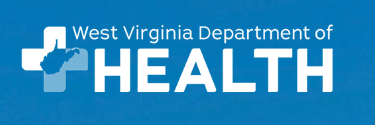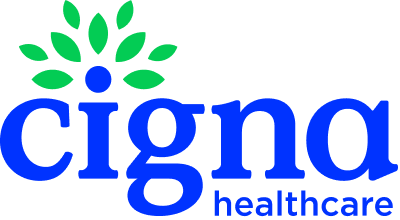Resources & Support
What Caregivers Wish They Knew Earlier
Caregivers often reflect on their experiences and may wish they knew certain things earlier in their caregiving journey to better navigate the challenges and responsibilities.
Scroll through these slides to discover the 10 common sentiments caregivers express about what they wish they knew earlier.
Overall, caregivers often wish they had known certain things earlier in their caregiving journey to better prepare, cope, and find support along the way. Reflecting on these insights can be valuable for both current and future caregivers.
Additional Resources & Support
Our resource database has a wealth of information available 24/7. Check out bridgingresourceswv.org or go to Search Services tab above and it will take you there.

WV Bureau of Senior Services
This agency provides information and assistance to caregivers, including respite care, support groups, and caregiver training programs.

WV Department of Health and Human Resources
This department may offer various programs and services that can support caregivers, including Medicaid waiver programs, home- based services, and assistance with accessing healthcare resources.

West Virginia Medicaid Personal Care Services Program
The West Virginia Medicaid Personal Care Services Program is an in-home care program for West Virginia Medicaid members who may need help with their Activities of Daily Living (ADL). Trained direct-care workers come to your home, place of employment, or community to assist with ADLs and other areas of personal care to help you live independently.

Cigna Stress Management Toolkit
Stress is a fact of life. It's your mind and body's response to demanding situations or events. Not all stress is bad. It can energize you and help you perform at your best. But too much stress, or stress that lasts too long, can take a toll. This link will connect with podcasts and audio versions of mindfulness exercises to help relieve stress.

Exceptional Lives
Find resources and easy-to-read information for parents and caregivers of children and young adults with disabilities.

Families Anonymous
FA is not drug, alcohol, or behavior specific. Members focus on themselves-on their recovery from codependency and on changing any of their attitudes and behaviors (e.g., denial, enabling, rescuing, controlling, manipulating, and a whole range of other crippling actions and emotions) that prevent their own recovery and that of their addicted loved ones.

No Barriers USA
Once on the homepage, select Focus Areas, then select Caregivers. There, you will find two tabs, one explaining how they support veteran caregivers and the other will be a list of retreats and applications to them. This CO based organization is timely in their response and support.

Powerful Tools for Caregivers
This organization has some excellent tools for caregivers. While it may seem geared toward the aging, the materials available offer excellent insight into self care. Use the "contact" button to ask questions about materials that could be targeted to the special needs of your situation.

Tracking Devices for the Sick and/or Elderly
Medical alert medicalalert.com
800-800-2537
Mobile help mobilehelp.com
800-992-0616
Sensor monitoring Be Close
866-574-1784

WVU Center for Excellence in Disabilities
The Traumatic Brain Injury (TBI) Program at the WVU Center for Excellence in Disabilities is proud to serve as the state's designated lead agency for the coordination of services for West Virginians with TBI.

Mental Heath America
Find resources and information to figure out your next steps. Mental Health America is the nation’s leading national nonprofit dedicated to the promotion of mental health, well-being, and prevention.
